Javier Milei has reduced poverty in Argentina. This week brought the publication of a tranche of government poverty figures, covering the period from July to December last year. Much had been made of the immediate surge in poverty that occurred in Milei’s first six months in office. The fall – down to 38.1 percent from 41.7 percent in the same period last year, when the country was governed by the Perónists – would seem to be a vindication of the chainsaw-wielding libertarian and his policies. But is there more to it than that?
Milei came into office promising to shatter the country’s economic approach and bring the country’s inflation crisis – which had been teetering on the edge of disaster – under control. He has been successful at doing this. The headline annual inflation rate is now 66.9 percent, down from its previously mammoth 276.2 percent.
But it would be wrong to say that the work is done. While a reduction of this magnitude is clearly an achievement, inflation at current levels would still be considered a full-blown crisis in Europe, likely toppling governments. Many Argentines have also been somewhat baffled by the new poverty figures. They don’t feel that their lives have become any easier. “There are more and more people rummaging through dumpsters here, foraging,” Jorge Silvero, a Buenos Aires resident told Reuters. “There is a terrible hunger.” Thousands of people have lost their jobs – particularly as part of Milei’s trimming of the public budget – and there has been a noticeable increase in people selling items in the street.
Nearly one in ten of Argentina’s 46 million people – 8.9 percent – is still living in extreme poverty and there are fears that, while poverty is falling, inequality could be on the increase. Incomes for informal workers fell by 22 percent in the first quarter of 2024 compared to 14 percent for formal workers, according to consultants Equilibra. This suggests that the poorest are bearing the brunt of Milei’s austerity program. The Gini coefficient, which measures income inequality, also spiked to its highest level since 2005 during the same period.
Debates about poverty aside, Milei faces another major challenge in the months to come. Argentina has long been subject to currency controls. Citizens are restricted on the amount they can save or withdraw in US dollars each month in a bid to avoid capital fleeing the country. This has led, in part, to Argentina’s infamous system of black market currency exchanges which operate on numerous different exchange rates. Foreigners – and locals returning from overseas – have long endured the experience of changing currency on Florida Street in central Buenos Aires with men shouting “cambio cambio” to advertise their services.
Milei has promised to remove the currency controls. Aside from being an obvious step for any true libertarian economist, doing so is highly likely to be a key condition put in place by the IMF which has once again agreed to extend credit to its biggest debtor. But the potential impact of doing this has been described as a “time bomb” threatening to derail the President’s reputation for economic success.
The removal of currency controls and a return to economic chaos looms
Cutting the currency loose is likely to lead to an immediate devaluation of the peso, a return to increasing inflation, and, perhaps most concerning of all in Argentina, the return of economic uncertainty. Milei’s deputy economic minister has acknowledged that the government has been “left with a weakness” in the form of negative Central Bank reserves.
The supposed economic stability Milei has achieved – not to mention the offer of massive tax breaks – has investors sniffing around Argentina and its cache of natural resources. On the other hand, the removal of currency controls and a return to economic chaos looms. As one analyst, who works with large investors, told me: “Poverty going down contributes to the [perception] of sustainability of the Milei project. But the bar has been raised. The sequence should be: an agreement with the IMF, win the elections, and lift the capital controls by the end of the year. They want those results.”
This year is a vital one for Milei. While he won the election his party still has virtually no representation in congress, something that has proven a challenge in his first year in power. Midterm elections in October could change all that. For now the future looks rosy.










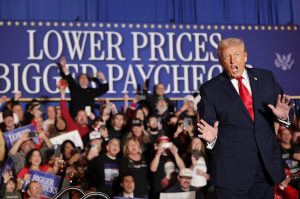

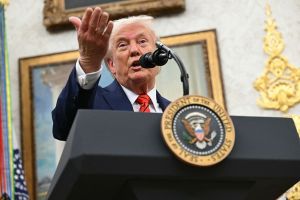
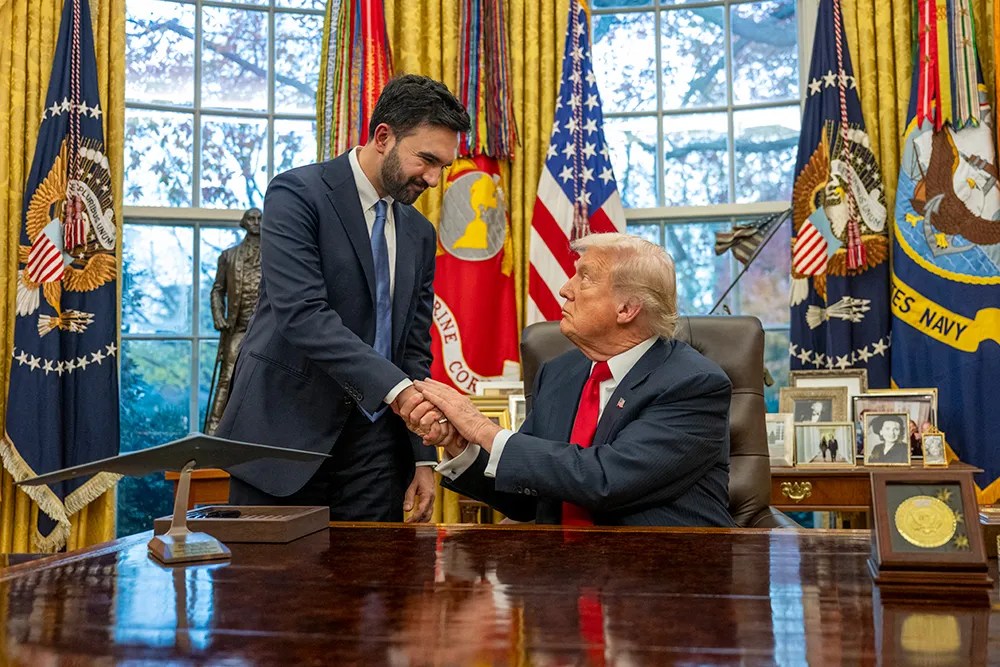
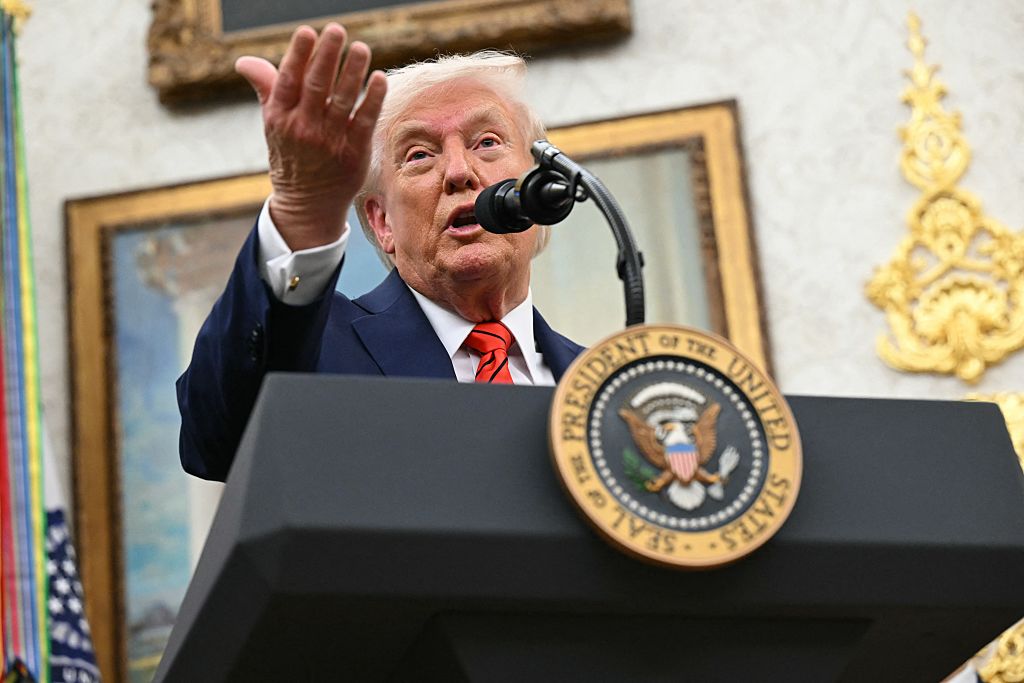

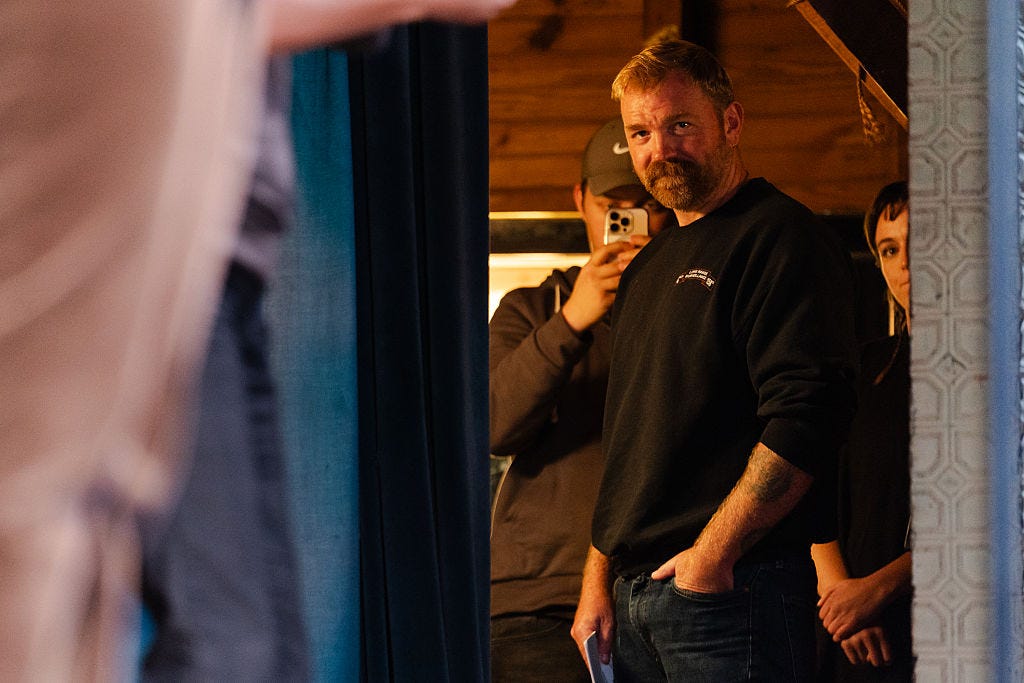
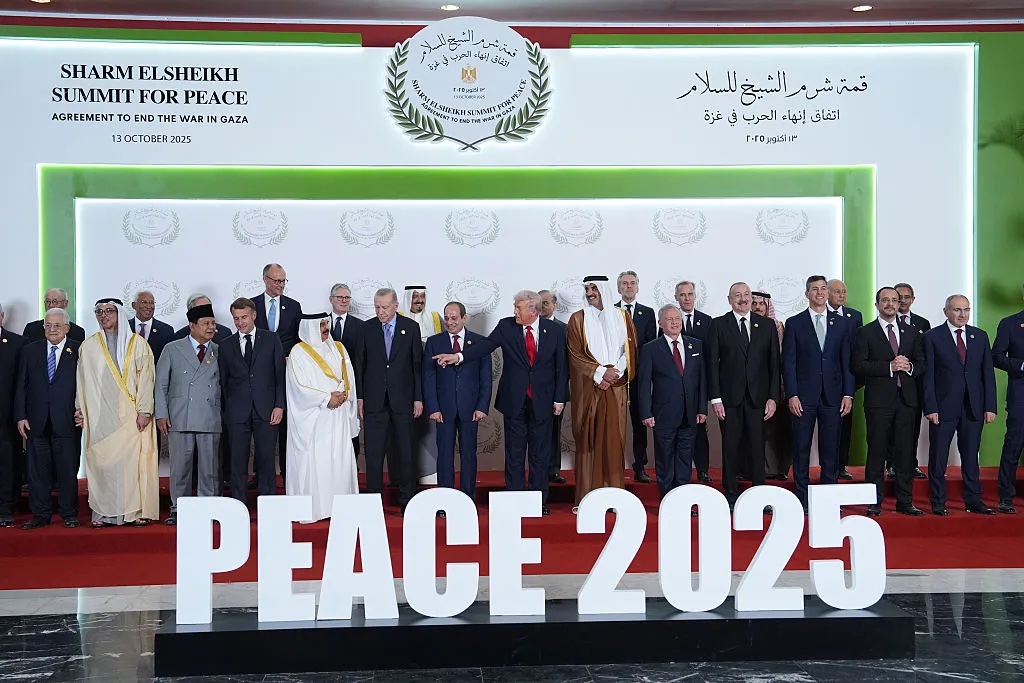
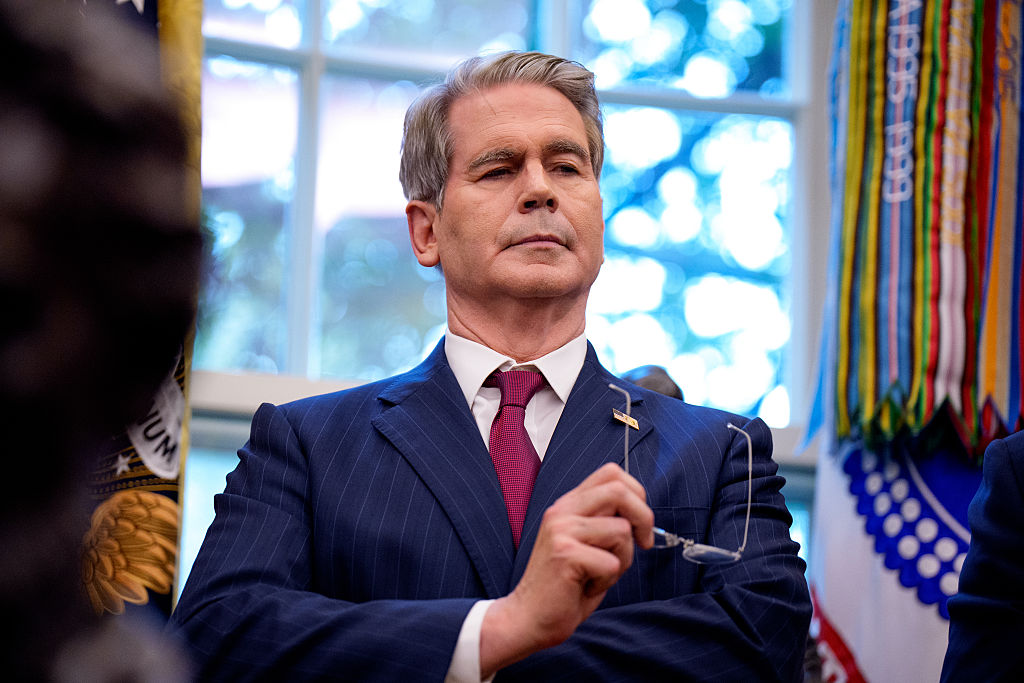







Leave a Reply